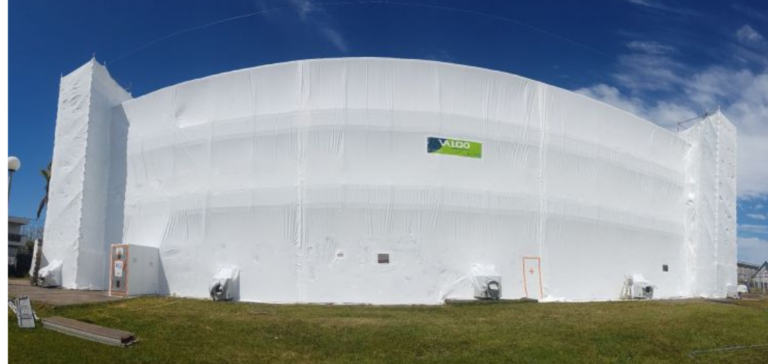Valgo, a company specializing in the decontamination and rehabilitation of industrial sites, is facing a formal notice from the prefecture for questionable environmental practices. This event raises important questions about industrial waste management and corporate environmental responsibility.
The challenges of industrial waste management
According to a report, the company illegally buried waste during backfilling operations on the site. Faced with this situation, the prefecture took a firm decision, imposing two options on Valgo: regularize its administrative situation in accordance with legislation on classified installations for environmental protection, or evacuate the landfilled waste by a set deadline.
Corporate Environmental Responsibility and Transparency
This case raises questions about the effectiveness and rigor of environmental diagnostics upstream of remediation projects. Valgo has indicated that the discovery of residual petroleum materials during a drilling campaign in August 2023 was not the result of any deliberate action on their part, but rather of a shortcoming in the initial diagnosis.
The challenges of brownfield redevelopment
The penalty imposed on Valgo in 2021 for using hazardous waste as backfill on the Grand-Paris metro project reinforces its significant responsibility in this matter. This history raises questions about the practices and monitoring of companies specializing in pollution control.
The example of Amazon, which had considered locating a storage warehouse on the site before retracting in 2022, highlights the environmental challenges and issues associated with such initiatives. Valgo’s current situation underscores the need for stricter regulation and increased monitoring of clean-up activities.
The Valgo case underlines the importance of a rigorous and responsible approach to the clean-up and management of industrial waste. It highlights the challenges faced by industry players and the importance of effective regulation to protect the environment.






















